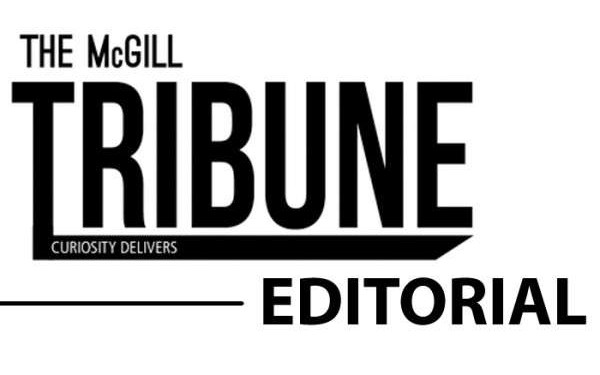The invalidation of Tariq Khan’s victory in the SSMU elections, and the subsequent outcry, have perhaps served as the perfect summation of the crisis of credibility that has characterized student government. Throughout this year, the councillors and executives of the Students’ Society of McGill University (SSMU) have been far more reactive than proactive in response to the numerous situations which occurred under their management. While in some cases this has been effective, in most it had led to costly, embarrassing foul-ups for the executive.
The most prominent example of SSMU failing to take proactive action in the first half of this year is one that has already been discussed in this space; the inability of the Fall General Assembly (GA) to meet quorum due to lack of advertising, thus preventing the official appointment of a board of directors and threatening various entities managed under SSMU. It was not until another GA was held, costing time, money and effort, that these issues were rectified. The outcome of the still-reverberating building fee rejection—with no “Yes” committee or any other such outreach to students on a fee execs said was critical to continued functioning—only serves to show that SSMU did not take a proactive approach to learning from its mistakes.
Another example of SSMU finding itself on the back foot was the “Farnan-gate” fiasco. This incident, which featured SSMU pelted by campus-wide, then national and international criticism, was at first prompted by a lack of foresight and perhaps a complete disregard for the likely student reaction. It was also compounded by a fumbling response to the reaction that almost missed the underlying motivation of the reaction. The official resolution—SSMU rescinding the official apology—still left SSMU with a self-inflicted hit to its reputation while failing to turn much of the student backlash into any real institutional change.
Even so, there have also been unforeseen situations SSMU was forced to encounter this year that were reacted to adequately. The controversy that most typifies the positive aspects of a reactive approach is that of the sexual assault case against several players on McGill’s Redmen football team. Charges in the 2011 case, which resurfaced in news reports last November, caused a firestorm and spurred SSMU and other entities on campus to make new progress on dealing with McGill’s institutional framework on sexual assault. Here, the sudden immediacy of the issue left SSMU well-placed to throw its weight behind an issue that already had some momentum, which has so far resulted in some positive tangible change for students.
What do these contrasting cases say about how SSMU has responded to crises this year? In the first two, SSMU’s reactive responses to incidents of its own creation have weakened student trust in the organization and cost it valuable time that could have been spent on other more worthwhile tasks. In the third, SSMU used its advocacy platform as a way to turn the pre-existing reaction on campus towards concrete policy reforms. In all three situations, SSMU executives failed to anticipate the worst-case scenarios and plan for them. In the cases of the failed fee, GA, and apology, something close to the worst case not only ended up happening, but could have been easily foreseen. Next year, it would behoove SSMU—executives and councillors—to better assess situations and potential effects before intervening, if possible, study closely the specifics of similar past situations that were successfully managed, and, in the event of particularly heavy student criticism, find a way to channel that reaction into positive change.
Even better, a more proactive approach from the SSMU executive would be ideal. Meanwhile, students should take the time to be engaged with campus issues even when there isn’t a massive, attention-grabbing controversy—a better understanding of the mundane aspects of student politics might leave students better equipped to respond to the big crises.
Still, as with any organization, the buck stops with the leadership. Before we talk about changing student attitudes, SSMU should change theirs.







